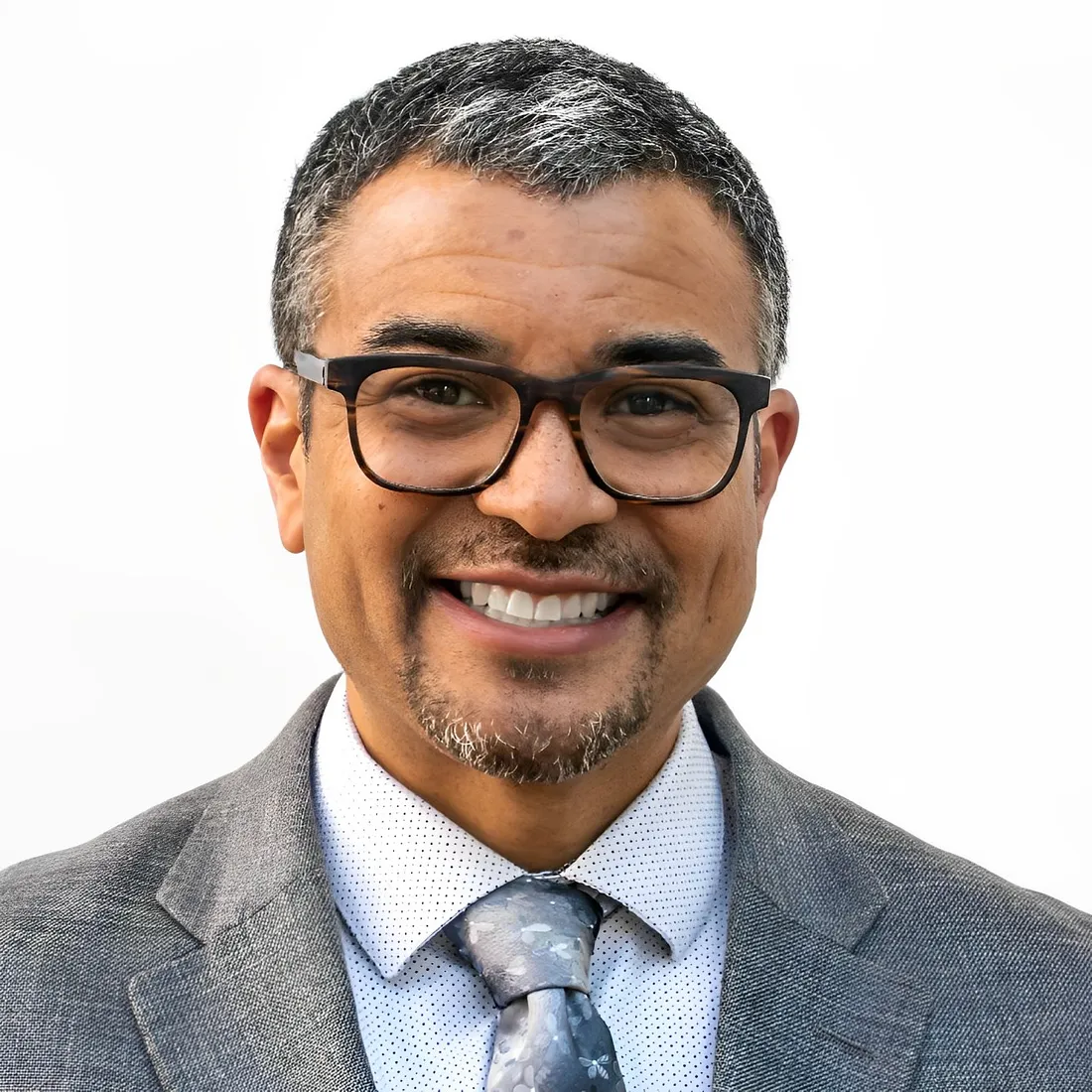Spring is offically here, which means it’s time to say goodbye to the winter chill and hello to longer days, warmer weather, and blooming flowers! Known as a time of refreshment and restoration, spring is also the perfect time to revitalize your brain.
The McKnight Brain Research Foundation is Seeking a Chief Executive Officer
The McKnight Brain Research Foundation is seeking a visionary and strategic leader with fluency in basic and/or clinical neuroscience and related health sciences to lead and advance the Foundation’s mission and purpose of preserving memory and supporting healthy cognitive aging through research and education.
Learning a New Language is Hard, but Your Brain Will Thank You
Learning a new language as an adult can be a powerful way to boost your cognitive skills and maintain your brain’s health. It can build your cognitive reserve, stave off the effects of brain aging, and have helpful social and emotional benefits. Learning a new language as an adult is certainly more challenging, but your brain will thank you.
Nurture Friendships for a Sharper Mind
Fostering friendships, whether old or new, may improve our mental and cognitive health. National Friendship Day was celebrated this month on August 4 and serves as a perfect reminder to celebrate the social connections that enrich our lives.
Healthy Brain Aging: Strategies to Help Your Brain and Body
Whether you’ve heard about cognitive health recently in the news or have a loved one who may be showing signs of cognitive decline, it’s natural to worry about how your brain health may change with age. In fact, recent findings from a McKnight Brain Research Foundation (MBRF) survey found that 87% of Americans are concerned about age-related memory loss and a decline in brain function with age.
The best science-backed strategies for a strong mind as you age
Sixty-two-year-old founder Marie Jerusalem has never felt more able to adapt to the changing demands of the corporate world. “My body’s not as agile as it used to be, but mentally I’m stronger today than I’ve probably ever been in my entire career,” she tells Fortune.
Brain Health: Dr Roy Hamilton Of The McKnight Brain Research Foundation On Lifestyle Habits Supporting Cognitive Well-Being
Staying Socially and Mentally Engaged: Social and intellectual engagement is important to brain health. Pursuing interesting and meaningful social activities will help you keep connections with others and within your local community. Volunteer at a local church or animal shelter or just participate in the activities you enjoy with friends and family.
When is Forgetting Normal – and When is it Worrisome – a Neuroscientist Weighs In
Interview with Charan Ranganath, Director of the Dynamic Memory Lab at the University of California, Davis on when forgetting is normal and when it may signal a more serious problem.
How Your Memory Really Works and How it Changes as You Age
Washington Post article on how memory works and how it changes with age. Experts agree memory is fallible and malleable and, surprisingly, the act of forgetting is an important aspect of memory.
When is Forgetting Normal — And When is it Worrisome? A Neuroscientist Weighs in
When cognitive neuroscientist Charan Ranganath meets someone for the first time, he’s often asked, “Why am I so forgetful?” But Ranganath says he’s more interested in what we remember, rather than the things we forget. Keep reading at NPR.org
- Page 1 of 2
- 1
- 2










